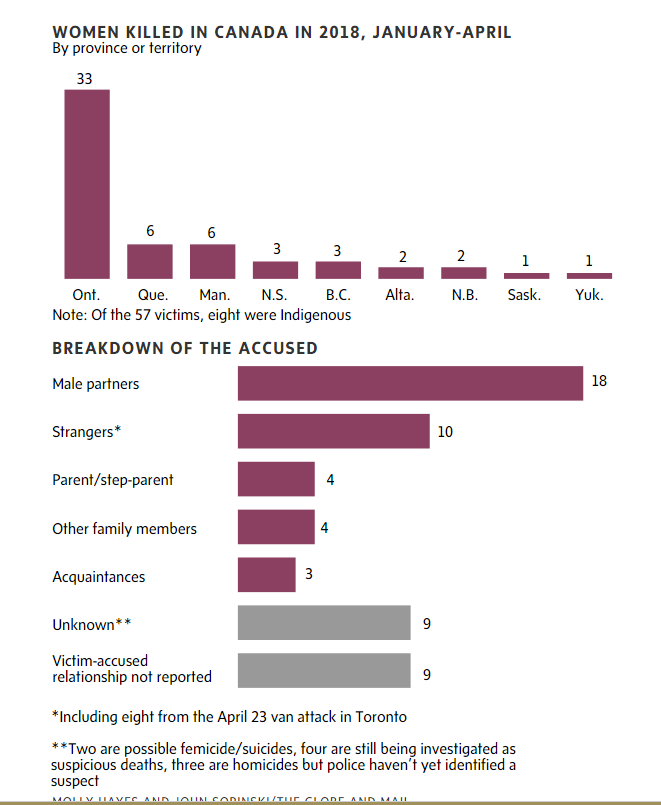This is an archive of news stories and research from the National Union of Public and General Employees. Please see our new site - https://nupge.ca - for the most current information.
"I'd like to see a day when the justice system works in favour of abused women and children. A day when we commemorate the end to domestic and stranger violence. A day where we celebrate an end to harassment and discrimination based on gender." — Elisabeth Ballermann, NUPGE Secretary-Treasurer
Ottawa (05 Nov. 2018) — All across Canada, candlelight vigils are held on December 6. The day marks the annual remembrance of the tragedy that took place at École Polytechnique, in Montreal on this date in 1989. 14 women were gunned down by a misogynist targeting female students because he saw them as feminists because they were studying engineering.
Since then, the day has taken on a broader meaning as women continue to face violence in its many forms — at home, on the streets, and in the workplace. Officially, the day was commemorated as the National Day of Remembrance and Action on Violence against Women through a private member's bill that was introduced in Parliament in 1991 by the NDP MP Dawn Black.

Justice and Accountability
Violence against women statistics are overwhelming
According to Women's Shelters Canada, "domestic violence is one of the most common forms of violence experienced by women globally. World-wide, 1 in 2 women killed were killed by their partners or family in 2012. In contrast, 1 out of 20 of all men killed were killed in such circumstances."
The Canadian Femicide Observatory for Justice and Accountability reports that in 4 months in Canada 57 women were killed, including 8 Indigenous women.
Canadian statistics show that about half of women entering Violence against Women (VAW) shelters bring their children with them, and that 67 per cent of these children are under the age of 10. Women with disabilities face approximately twice the rate of intimate partner abuse relative to women without disabilities.
And we only have to look at the news to hear about women being assaulted and killed in our communities every day.
Making progress?
In Canada, governments are now recognizing gender-based harassment and violence as issues that require action in every workplace. Earlier this fall, workers in the federal sector and those living in Newfoundland and Labrador won paid domestic violence leave. That brings to 5 the number of provinces where paid domestic violence leave exists.
Unions have been instrumental in lobbying for this kind of legislation, and where legislation does not exist, unions are bringing the issue to the bargaining table. The labour movement is calling for government action to prevent and stop violence and harassment at work. We are also advocating for increased funding and community resources to support women and their children fleeing violence.
More to be done
In order to curb and eliminate violence against women, targeted funding for the public services that support women must be increased.
We need more affordable counseling programs for women and children.
We need more shelters with more beds to provide homes for women fleeing abuse. We need more affordable housing so women can leave shelters and find a safe place to start over.
We need stronger laws to punish abusers and harassers. We need better ways to teach boys that violence is never the answer.
"We have these days to reflect on and to honour the lives of women that have been ended due to violence and abuse," says Elisabeth Ballermann, Secretary-Treasurer of the National Union of Public and General Employees (NUPGE). "But I'd like to see a day when the justice system works in favour of abused women and children. A day when we commemorate the end to domestic and stranger violence. A day where we celebrate an end to harassment and discrimination based on gender."
"But until that time, we will continue the struggle against misogyny — at work, at home and across society. As a union, we commit to finding ways to protect women from violence, and to address the power imbalance that allows it to happen," said Ballermann. "So as we mourn for the women that we've lost, we work toward a safer, more equal society for us all."
